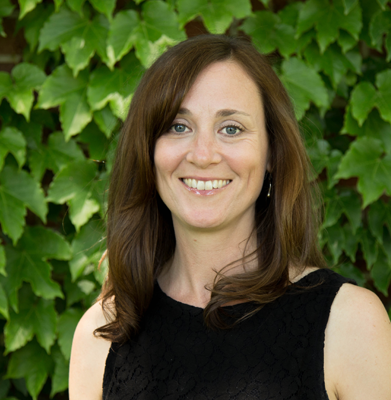Faculty Spotlight: Sociology’s Dr. Joanna Robinson
 Glendon sociology professor Dr. Joanna Robinson is an expert in environmental politics, climate change, and social movements.
Glendon sociology professor Dr. Joanna Robinson is an expert in environmental politics, climate change, and social movements.
She is also a champion of hands-on learning in the classroom. We sat down with her to hear more.
GL: Tell us about your research specialties. How does sociology connect with environmental politics, climate change, and more?
JR: Sociology is the study of our social world — of our social lives as individuals, of how people connect as members of various groups, of how societies are organized, and of how they change over time. I study how people mobilize to address environmental and labour issues – such as climate change and precarious employment – and advocate for policies that will lead to more sustainable and equal societies.
GL: Can you share some examples of what your research in these areas has involved?
JR: My first book, Contested Water: The Struggle Against Water Privatization in the United States and Canada (MIT Press, 2013), compares social movements against water privatization in Vancouver, British Columbia and California. Just this spring, I received a large grant for over $191,000 from the government of Canada to fund my research on the impact that a transition to a green economy would have on workers in the auto manufacturing industry in Ontario. This transition has the potential to create millions of new jobs and protect the environment by redirecting job creation. What’s more, the investment towards new “green” industries would at the same time potentially address issues of growing poverty and inequality by creating high quality, living-wage jobs.
GL: That sounds like it has some really great possibilities for impact on the “real world”. Do your students get to use their learning in the same way?
JR: It’s critically important for me to provide experiential and research opportunities for students. Students are often most excited about issues that they can connect to outside of the classroom. They’re interested in the pressing political, economic, social, cultural and environmental issues we currently face and the range of possible policy solutions including environmental sustainability, work and labour policies that reduce inequality, and promote political stability and democratic citizenship. Through my courses, students have a chance to better understand and debate solutions to these issues based on engaging theory and research, discussions, creative exercises, and evaluating and assessing practical evidence.
GL: Hands-on experience is something a lot of students are looking for. Can you give us an example of what that looks like in one of your classes?
JR: The major research project assignment for my urban and environmental sociology course has students begin with an ethnographic observation of a Toronto neighbourhood. After collecting their data, they learn how to analyze it and write up their final paper using ethnographic, archival and census data to contribute to an urban-environmental debate around relevant topics such as gentrification, inequality, sustainability or transportation.